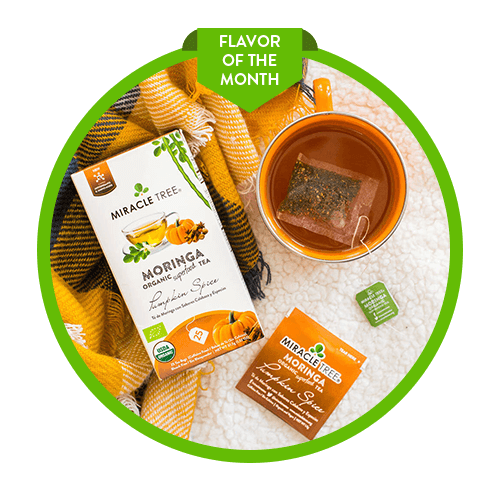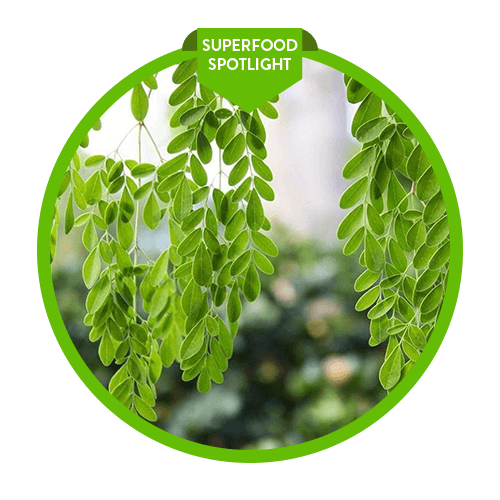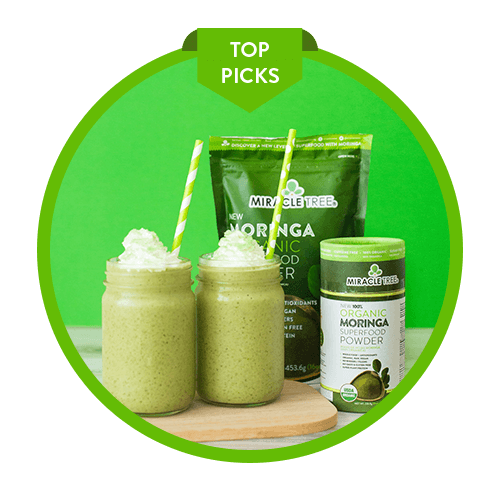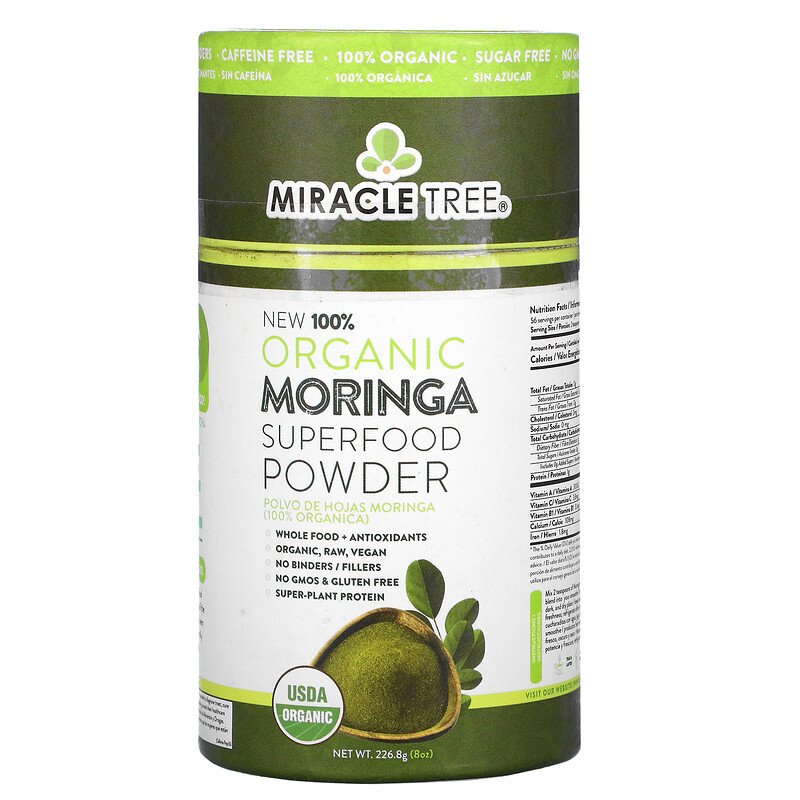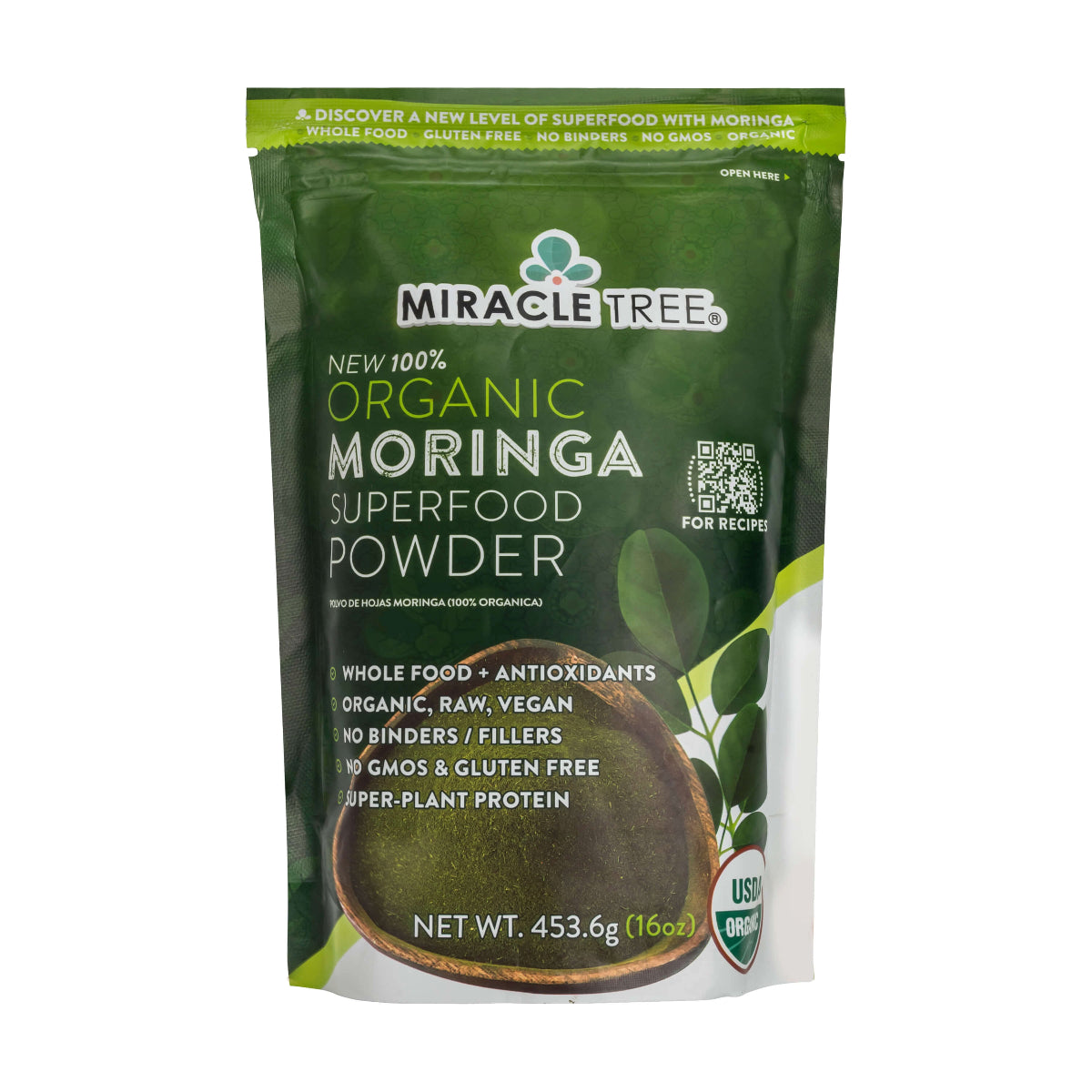When it comes to superfoods, Moringa stands out for its exceptional nutritional profile. Let's delve into a comparison of Moringa with other popular superfoods like spirulina, chia seeds, and turmeric to understand the unique health benefits it offers.
Antioxidant Content
Moringa is packed with antioxidants, including vitamin C, beta-carotene, quercetin, and chlorogenic acid. These antioxidants help combat oxidative stress and reduce inflammation in the body, promoting overall health and well-being. In fact, Moringa has been found to have higher antioxidant levels than spirulina, chia seeds, and turmeric.
Complete Protein Profile
One of the standout features of Moringa is its complete protein profile, containing all nine essential amino acids. This makes it an excellent plant-based protein source for vegetarians and vegans. In comparison, spirulina and chia seeds also offer protein, but Moringa's complete amino acid profile sets it apart.
Rich in Nutrients
Not only is Moringa high in antioxidants and protein, but it also contains a wide range of essential nutrients, including vitamins A, B, and K, as well as minerals like calcium, magnesium, and iron. This nutrient density makes Moringa a powerhouse superfood that can support overall health and vitality.
Health Benefits
Consuming Moringa regularly can have a range of health benefits, including improved immune function, enhanced energy levels, and better digestion. Its anti-inflammatory properties can also help reduce the risk of chronic diseases and support a healthy heart.
In conclusion, Moringa stands out as a nutritional powerhouse among superfoods, offering a unique combination of antioxidants, complete protein, and essential nutrients. By incorporating Moringa into your diet, you can boost your overall health and well-being in a delicious and convenient way.

